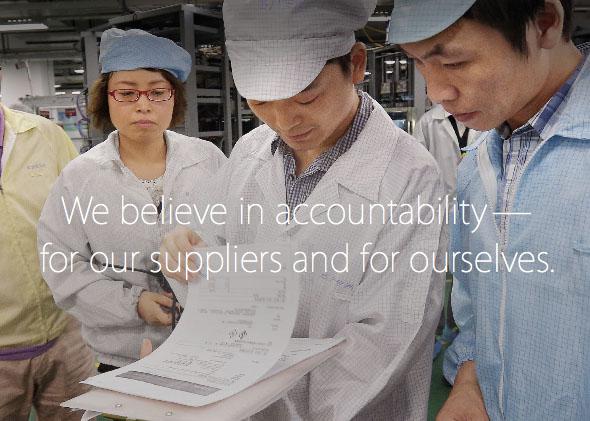Gadgets come out of the box looking like they’ve always existed in that pristine form, but we know intellectually that there’s more to it than that—including, sometimes, metals mined to fund violent conflict. Which is scary and bad. So Apple has been auditing factories and suppliers since 2006 and issuing “Supplier Responsibility” reports since 2007.
But what does that mean? The most recent report, released yesterday, said that Apple’s 20 tantalum smelters are all conflict-free. Tantalum is infamous because it’s often sold to support violence in a number of countries, especially the civil war in the Democratic Republic of Congo. Apple says that this year “all active, identified tantalum smelters in our supply chain were verified as conflict-free by third-party auditors.” That sounds good.
But though the company is putting a positive spin on things, they don’t seem to be at 100 percent verified with smelters of other metals. The report says:
We’re pushing our suppliers of tin, tungsten, and gold just as hard [as the tantalum suppliers] to use verified sources. To heighten smelter accountability and help stakeholders follow our progress, we are releasing, for the first time, a list of the smelters and refiners in our supply chain along with their verification status.
As the Wall Street Journal reports, Apple has been pretty successful using its purchasing power to pressure tantalum smelters and seek out those that will comply with minimum standards. The company is also publishing a quarterly list (mentioned in the quote above) of which smelters are and are not verified to try to expose what’s going on and create additional pressure. This is especially important because a majority of the 166 gold, tin, and tungsten smelters Apple identified are not verified, partly because Apple doesn’t have as much financial leverage with metals when it’s not a primary buyer.
Even though avoiding conflict metals is mostly good, it can be damaging to a local economy if Apple or any large company removes itself entirely. And Apple isn’t the only company focused on the issue. A lesser-known part of the 2010 Dodd-Frank Act requires that companies who use “conflict-metals” must disclose this by May 2014.
Apple’s commitment to disclosure has been admirable, but it has probably also been sustained by the knowledge that transparency on these issues would be mandatory anyway by this year. And Apple doesn’t seem to be saying that it will boycott certain smelters or end contracts if the suppliers can’t be verified. Still Apple said that it conducted 15 percent more audits this year overall and 31 surprise audits. With big companies like Intel also promising to audit and verify smelters it seems like progress is brewing, but it’s a good reminder that a smartphone isn’t all Flappy Bird and Facebook.
